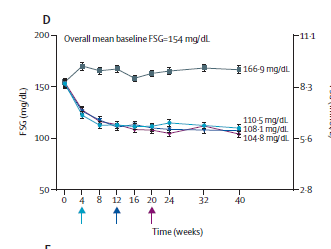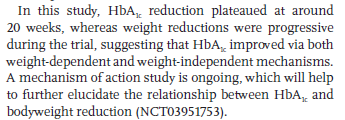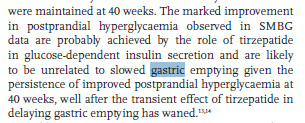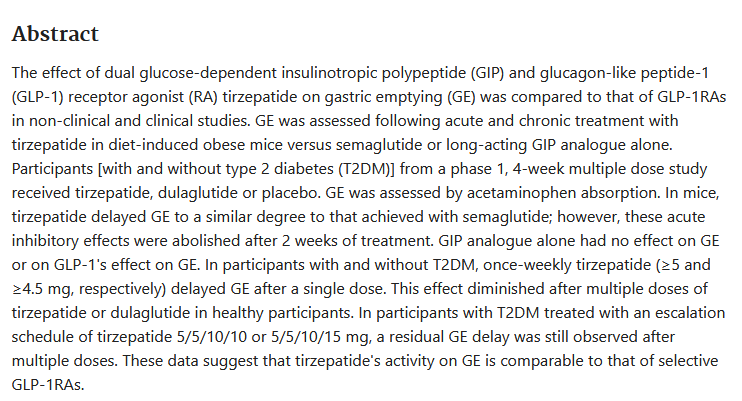I’m not sure what you are driving at, but is increasing insulin secretion really a good treatment for a problem caused by insulin-resistance and hyperinsulinaemia? Especially since lowering the stimulus (namely, an excessive amount of dietary glucose—also known as carbohydrate) will automatically reduce the need for insulin? And also since a low-carb, high-fat, ketogenic diet has been shown to be effective in reversing Type II diabetes and insulin-resistance?
In any case, ketogenesis in the liver is stimulated by a low insulin/glucagon ratio. These two hormones work in tandem to regulate a number of processes in the body. Of particular interest to us is the production of ketones and glucose by the liver. When carbohydrate intake is low, the pancreas secretes glucagon to stimulate the production of endogenous glucose (gluconeogenesis) and ketone bodies (ketogenesis) to fuel various organs, including the brain. Insulin remains low because there is no excess of serum glucose to contend with. The resulting low ratio of insulin to glucagon signals the body to stay in fat-burning mode, and it allows fatty acids to leave adipose tissue to be metabolised, there being no need for glucose at that point, except by the cells that absolutely require it.
When carbohydrate intake is high, serum glucose rises, and the secretion of glucagon is inhibited. This allows insulin to signal muscles to start burning glucose instead of fatty acids, signal the liver to stop making glucose and ketones (since we want to metabolise the excess of glucose in the blood instead), and signals the adipose tissue to store fat and not release it. (Think of a bear eating lots of berries to prepare for hibernation; the body doesn’t want to be using up all that glucose, it wants to be storing it for winter. It’s not the body’s fault that we now have access to sweet foods year-round and not only in autumn.)
As carbohydrate intake remains chronically high, the cells that are forced by insulin to deal with the excess of glucose down-regulate their insulin receptors in self-defence. This is insulin-resistance.
It requires the secretion of ever larger amounts of insulin in order to force the cells in question to do their jobs. This results in hyperinsulinaemia. After some time, the cells can no longer cope with the onslaught of glucose, and the body’s glucose control starts to fail, since no amount of insulin is able to force the cells to take in more glucose. This is Type II diabetes. So you can see why I question the idea that forcing the pancreas to secrete even more insulin is an effective treatment, especially given that hyperinsulinaemia is damaging to many areas of the body.








